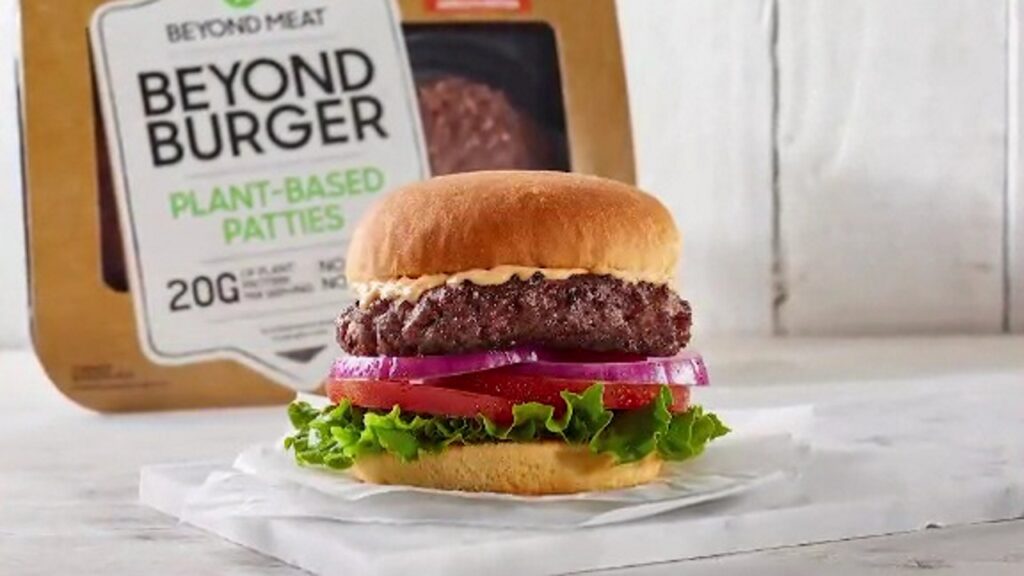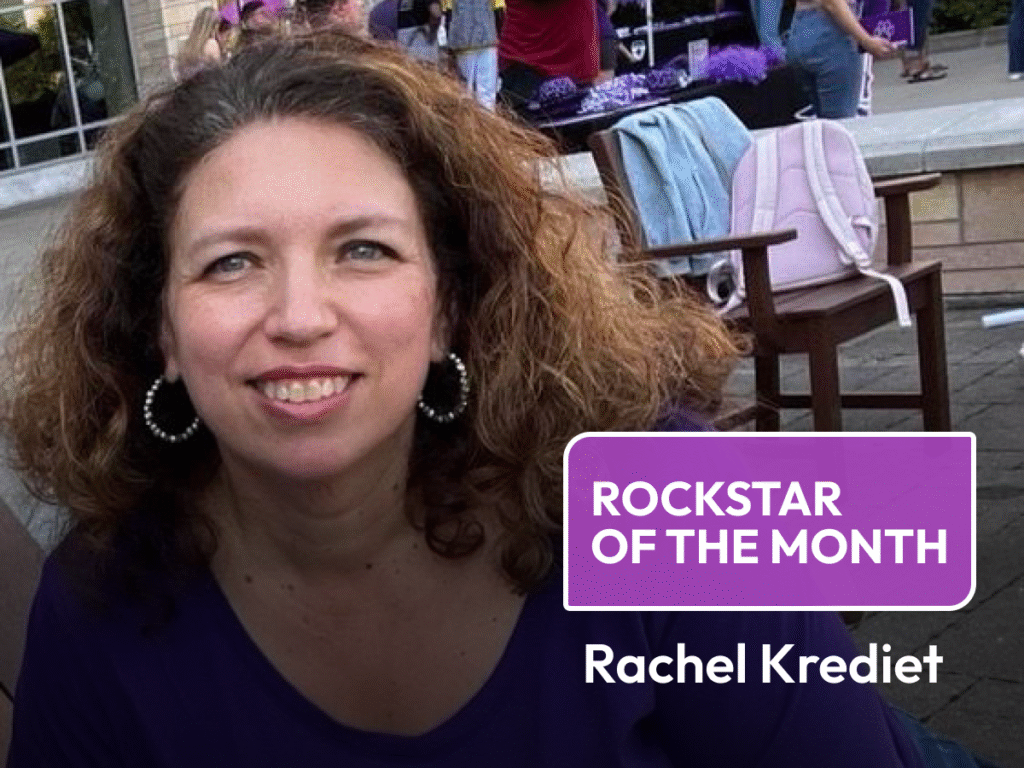Not a week goes by when we aren’t asked about the Impossible Burger, a “plant”-derived burger sweeping the nation, popping up at fast food chains, high end restaurants, and your neighborhood grocery store. They have joined already existing fake meats, or meat alternatives, to give that meaty texture and flavor but without all the, well, animal stuff. Meat alternatives have been on the market for awhile now, so before Impossible Burger could run, the Boca Burger had to walk.
Most faux meat products start with something that resembles meat, like TVP (textured vegetable protein), which is created in a lab using soy and formed to mimic a piece of chicken, sausage, or a burger. TVP was invented in the 1960s, and different forms of soy protein are still used in a lot of products, such as those made by Morningstar Farms and Gardein, or perhaps pea protein is the basis, such as with Beyond Meat. The concept is that vegetarians or vegans who still love the taste and feel of meat could still enjoy something similar without all the guilt. However, many meat eaters also tend to consider these products automatically healthy, which is far from true.
Consider that with meat, it typically has one ingredient. Unfortunately with the rise of factory farming, you may also be ingesting quite a bit of hormones or omega-6s fat derived from their high grain diet, etc, unless you buy organic/grass-fed. With the meat alternatives, they typically will have lots of ingredients to recreate the real stuff. Check out the side by side nutrition labels:
(4 oz patty)
As you can see, the beef burger has less calories, less fat, and more protein for the same ~4oz portion. Even if you took a standard 80% fat beef burger, for 45 more calories than the Beyond Burger, you get 10g more protein. You also get far fewer ingredients, especially those questionable ones.
The Beyond Burger admittedly has a pretty straightforward ingredients list, using pea protein as their main ingredient. However, this Morningstar Farms Vegan Cheezburger label has several not so healthy oils, a few chemicals, and soy protein isolate/concentrate. Soy protein in its natural form is great, but isolate and concentrated can have questionable effects on some people who are sensitive to soy.
Now to the Impossible Burger. The ingredients are similar to the other brands, and boast that most ingredients are in a small amount. Yeast extract (MSG) is one of them, a hallmark of a processed food. Also our friend soy protein concentrate and isolate.
One of their missions is to help the environment by producing less meat, and this is certainly commendable. It is important though, to treat every product differently, as many faux meats have sauces and ingredients that in a vacuum may not all be healthy. Always read labels and ingredients lists, and if you are someone who can’t or won’t eat meat and craves it, then feel free to occasionally enjoy Buffalo Chik’n tenders and the like!



